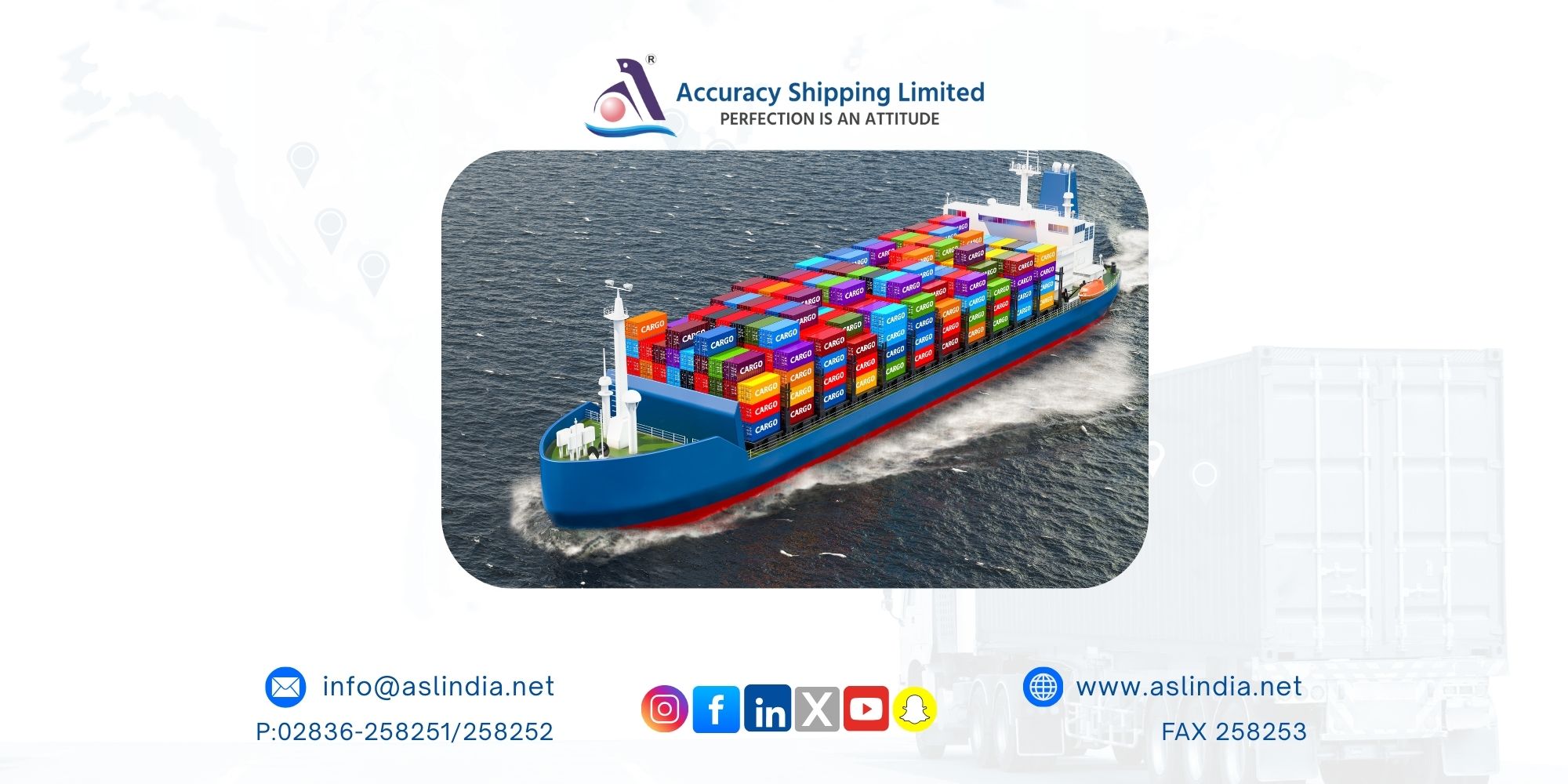MSC fleet now 900 vessels-strong

A New Milestone in Maritime History
This week marks a significant achievement for the world’s largest container shipping line, Mediterranean Shipping Company (MSC), as it officially became the first carrier to operate a fleet of 900 container vessels. The milestone was achieved with the recent delivery of the 16,000 TEU MSC Germany, a vessel that not only expands MSC’s already impressive fleet but also signals the company’s relentless push towards further dominance in global shipping.
Unparalleled Capacity Growth
According to Alphaliner, MSC’s total fleet capacity, including its subsidiaries, now stands at 6.47 million TEU, placing it nearly 2 million TEU ahead of its closest rival, Maersk Line. This dramatic lead cements MSC’s position at the top of the global shipping hierarchy.
The MSC Group’s fleet includes contributions from Aponte-controlled entities such as Medlog, Log-In Logistica, and WEC Lines. Together, they operate 609 owned vessels and 291 time-chartered ships. Notably, the data includes ships under ‘quasi-owned’ arrangements, like long-term bareboat charters with purchase obligations, as long as these vessels are managed internally by MSC.
A Future-Focused Fleet
The MSC Germany is the fifth vessel in a 12-ship series ordered in October 2022 from Yangzijiang Shipyard in China. This delivery is just the tip of the iceberg, as MSC currently has 132 additional vessels under construction. At this pace, industry experts believe that MSC may well be on its way to reaching the 1,000-ship mark in the near future.
Meanwhile, speculation is rising in the industry about MSC’s potential plans to order a new series of 21,000 TEU LNG-fueled ultra-large container vessels. Though the buyer’s identity remains undisclosed, shipbrokers suggest that the tender – for LNG dual-fuel propulsion vessels – likely points to MSC, given the company’s recent interest in ultra-compact PNPX-class ships that rival or exceed the capacities of second-generation Megamax-23 vessels.
Leading the Reefer Segment
MSC’s achievements aren’t limited to scale alone. It also dominates the refrigerated cargo sector. According to Alphaliner, MSC is currently the largest provider of reefer slots, with 651,000 TEU, accounting for 20% of its fleet capacity. While carriers like CMA CGM (23.3%) and Maersk (23.2%) have a slightly higher proportion of reefer space in their fleets, MSC still leads in absolute numbers.
Other European carriers and ZIM also dedicate over 20% of their fleets to reefer traffic, a figure higher than most Asian shipping lines. However, the past year has seen several carriers increase their refrigerated capacity significantly, with new vessels often being fitted with more reefer plugs to accommodate rising demand.
Conclusion
MSC’s growth trajectory continues to redefine what’s possible in the container shipping industry. With a powerful blend of owned and chartered ships, strategic investments in green fuel technologies, and a strong foothold in the refrigerated cargo segment, MSC isn’t just expanding – it’s shaping the future of global maritime trade.







